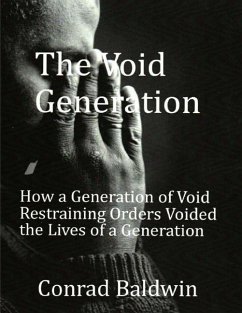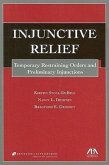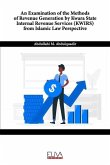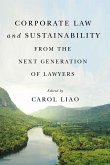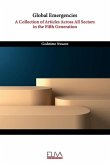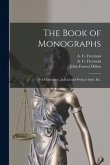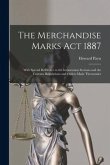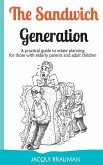The Void Generation: How a Generation of Void Restraining Orders Voided the Lives of a Generation is a highly readable account of a series of negligent publishing mistakes by the Judicial Council of California between January 1, 1999 and January 1, 2007 which resulted in the publication of thirteen (13) restraining order forms that violated constitutional due process guarantees and the statutory requirements of the newly enacted 1999 California Senate Bill 218. With no valid forms available for their use, the California courts were compelled to issue all of their restraining orders on void and unenforceable forms for from one to seven years after this whole "generation" of mandatory Judicial Council restraining order forms was voided by the enactment of Senate Bill 218 on January 1, 2000. Documentary evidence included in this book demonstrates that these void forms may have caused the false arrest and mass incarceration of thousands of presumably innocent African American respondents for allegedly violating California Penal Code Section 12021(g)(2) by failing to surrender their firearms -- without a statutorily required warning notice or their constitutionally guaranteed due process right to appear and be heard at a noticed court hearing. For those tempted to dismiss this book as mere speculation, the facts are irrefutably documented with key pages photocopied from the Judicial Council's own forms, reports, and legally binding decisions. Comparison of the void forms with their later valid revisions proves that all of California's mandatory restraining order forms were void in the year 2000, and that many of the Judicial Council's restraining order forms were void for periods ranging from two to more than eight years after these important forms were first published. An included Advisory Committee report reveals the California Judicial Council's belated discovery that all of the Council's published restraining order forms violated the newly enacted Senate Bill 218 by failing to warn the restrained respondents that they are prohibited from "owning or possessing a firearm" while subject to a protective order. This report also reveals the Judicial Council's deliberate refusal to provide an alternative one-page form containing the statutorily required firearms prohibition warning because "attaching the warning to every restraining order might be burdensome to court clerks and individuals." The minutes of two General Meetings record the Judicial Council's own unanimous and legally binding decisions to revise these void restraining order forms, long after the forms were voided by the enactment of S.B. 218. And two independent research reports reveal that well over 12,000 young African American respondents may have been falsely arrested and wrongfully condemned to mass incarceration for allegedly violating the firearms prohibition notices that were in fact missing from all of California's restraining orders. This book is your indispensable guide to what may well be the biggest and up to now least known and publicized series of Judicial Council publishing mistakes in the history of the Golden State. This book may also be the key to the exoneration and compensation for their civil damages for a whole "generation" of falsely arrested and wrongfully imprisoned young African American respondents.
Hinweis: Dieser Artikel kann nur an eine deutsche Lieferadresse ausgeliefert werden.
Hinweis: Dieser Artikel kann nur an eine deutsche Lieferadresse ausgeliefert werden.

